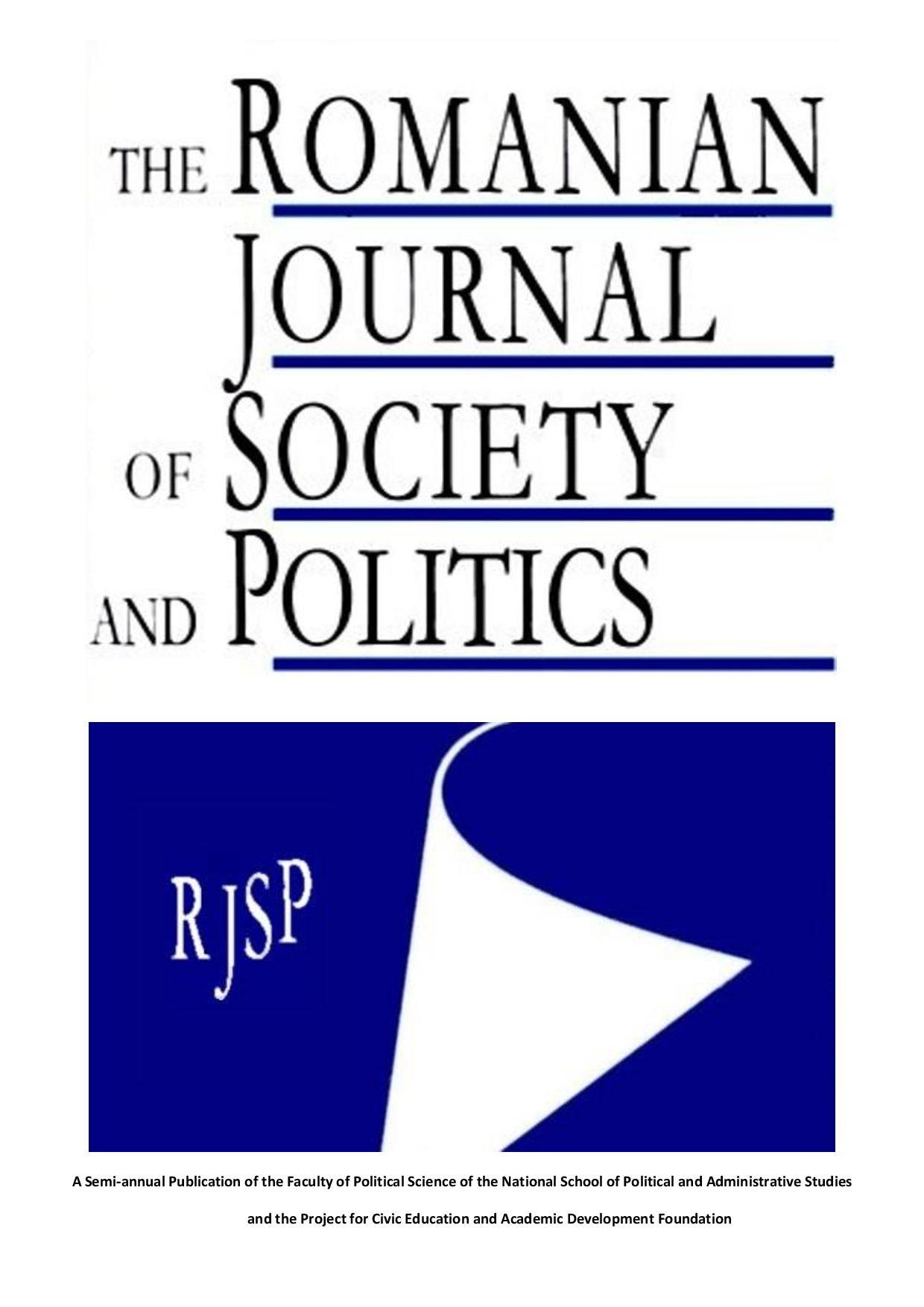THE ELECTORAL FAILURE OF LIBERAL PARTIES IN
CENTRAL EUROPE: A DIRECTIONAL MODEL ANALYSIS
THE ELECTORAL FAILURE OF LIBERAL PARTIES IN
CENTRAL EUROPE: A DIRECTIONAL MODEL ANALYSIS
Author(s): Alexandru Volacu, Iris GolopențaSubject(s): Politics / Political Sciences
Published by: Scoala Nationala de Studii Politice si Administrative (SNSPA)
Keywords: Directional model; Electoral failure; Ideological shift; Liberalism; Liberal party; Plurality maximization/vote maximization
Summary/Abstract: In this paper we provide a theoretical framework for interpreting the reiterated failure of liberal parties in a series of Central European states (namely Austria, Belgium, Germany, Luxembourg and the Netherlands). We argue that the directional model of spatial analysis elaborated by Rabinowitz and Macdonald (1989) and Macdonald, Listhaug and Rabinowitz (1991) can be an efficient instrument used for understanding why liberal parties are not able to perform as well as their opponents in elections, our hypothesis being, in consistency with the theoretical predictions made by the directional model, that political parties which ideologically diverge from the center without becoming too radical are more likely to increase their electoral percentage then parties which converge toward the ideological center. We test and partially confirm our hypothesis by comparatively studying the ideological shifts and electoral percentages of liberal parties within the 5 states mentioned above, across a period of five consecutive elections, proving that a correlation between ideological shifts and electoral percentages exists in the sense predicted by the directional model for a large majority of cases.
Journal: Romanian Journal of Society and Politics
- Issue Year: 6/2011
- Issue No: 2
- Page Range: 65-88
- Page Count: 24
- Language: English

